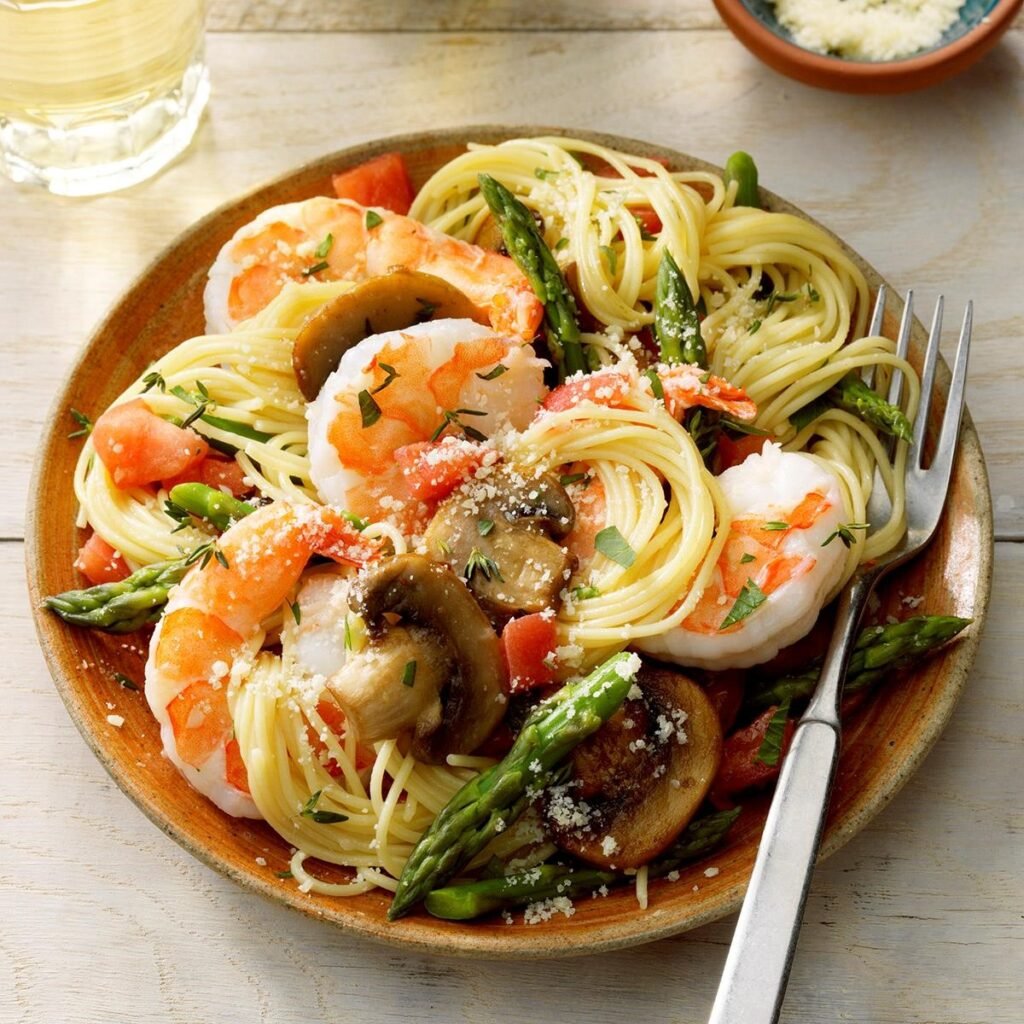If you are a diabetic and concerned about rice potatoes and grains spiking your blood sugar you are in the right place. There’s a diabetes-friendly version of the Mediterranean diet, sounds great right? So, first of all, if you have diabetes and if the Mediterranean diet is a big departure from how you normally eat. Then it is recommended to talk with your doctor and dietitian. And let them know you’re going to be making these changes in your diet.
Perhaps it’s best to keep a food diary for a few days. So that you and your care team can monitor you know how your blood sugar is doing. Just to make sure that your medications are still at the right levels. Even if your diet might be changing in terms of the Mediterranean diet itself.

US news ranked the Mediterranean Diet as the number 1 diet for diabetes, heart disease and weight loss. It has been ranked on top for the fourth consecutive year. The Mediterranean diet is also recommended as part of the care for diabetes. In terms of how your blood sugar is affected by different carbohydrate foods. It can be impacted differently. Depending on if you eat the food by itself or if you eat it with something else.
Eating carbohydrates in Diet for Diabetes

In old days, fats were considered a bad guy in terms of weight gain and cholesterol. Many people still consider fats bad. But they are gradually losing a bad reputation and that’s a positive thing. Fats can be good or bad it all depends on what you choose and how you consume it. And it is important to choose unsaturated fats from healthy sources instead of saturated and trans fat. Healthy fats can help lower cholesterol levels and keep blood sugar levels stable. The key is to pair your carbs with healthy fats. For example, if you have a potato and you are eating it with olive oil as we do in the Mediterranean diet. Then that pairing can actually help reduce the glycemic response.
That means that the potato combined with olive oil will have a more gentle impact on your blood sugar. As opposed to if you were to eat it alone. This is because fats slow down the digestion and release of glucose from carbohydrates. So when paired it won’t spike up your blood glucose. You can eat whole-grain crackers with avocado or avocado spread.
Eating Carbohydrates with Protein

A lot of people avoid pasta because they think it’s high in carbs. But there’s a fun fact that not a lot of people realize. Pasta a staple food of the Mediterranean diet in Italy, actually has a low glycemic index. It depends on the type of pasta and the method used for cooking. This is because when the pasta dough is extruded to make the shapes it actually compacts the starch structure. So that it digests more slowly and this means that it will have a gentler blood sugar response.
Moreover, pasta cooked al dente (under-cooked) has a slower response in raising post-meal blood sugar levels. Compared with overcooked pasta which causes a rapid rise in sugar. You can pair your pasta with seafood, or chicken. Proteins will help you feel full and decrease the rise in blood sugar levels.
Pairing whole grains with Protein
Fibre helps slow down the absorption of carbohydrates and fats from the food. And therefore, inhibits a rise in blood glucose levels as well as cholesterol or LDL levels. Well choosing a higher fibre carbohydrate food like a whole grain pairing that with a fat or protein is a wise option. For example, you can choose whole grains like quinoa, barley etc. and cook it with some good protein like mushrooms. Add some vegetables or cheese to it to make a healthy, wholesome and low glycemic index meal out of it.
You can also have a chicken sandwich loaded with a lot of veggies or a slice of cheese or avocado. Make sure to use whole grain bread for sandwiches. So it’s always a good idea to pair your high fibre food with fat or protein. Rather than just having it on its own in order to help have the best response for your blood sugar.
Diet for Diabetes: Other Options
Some other tips when choosing carbohydrate foods on a Mediterranean diet and especially if you have diabetes are;
Batch cooking can be helpful

You may not have heard of this before but know that batch cooking can be helpful. So for example if you cook rice or potatoes and eat them right away while they’re warm. They’ll have one impact on your blood sugar but if you cook the rice or potatoes let them chill for at least 24 hours. And then you can reheat them or enjoy them chilled in like a pasta salad or a potato salad.
That will actually have a lower blood sugar response. Then if you would have eaten it when it was first cooked. So in this way it can kind of saves you time. And also could potentially help out with your blood sugar response.
Seek minimally processed foods

Whether or not you have diabetes it’s important to seek out foods in their minimally processed form. So for example choose whole grains and whole grains that are intact grains. And you know less processed rather than refined grain foods. Because refined grains have the potential to spike your blood sugar a little more.
Small frequent meals

If you have diabetes it is recommended that you eat small frequent meals. Instead of three whole meals, you have to divide your food into 3 meals and 2 snacks in between the meals. If you eat small frequent meals it results in the sustained or continued release of glucose. Rather than spiking up your blood glucose all at once. This results in decreased insulin requirements throughout the day and lower cholesterol levels. This also decreases your hunger. And you may eat fewer calories through the course of your day.
Stay physically active

Doing small exercises in order to stay physically active can actually help improve your blood sugar levels. Aerobic exercise like cycling, swimming, jogging, running etc. can promote insulin release. It also increases the body’s sensitivity to insulin which means your cells are better able to respond to insulin. Which in return decrease your blood sugar levels and helps manage diabetes.
In the end, it’s important for everyone to consume a balanced diet that supports their health. And maintains your blood glucose levels, whether or not you have diabetes. Just remember and follow a simple formula to keep your diabetes and weight in check and that is to pair up your meals like this:
Carbs + Proteins + Healthy fats

